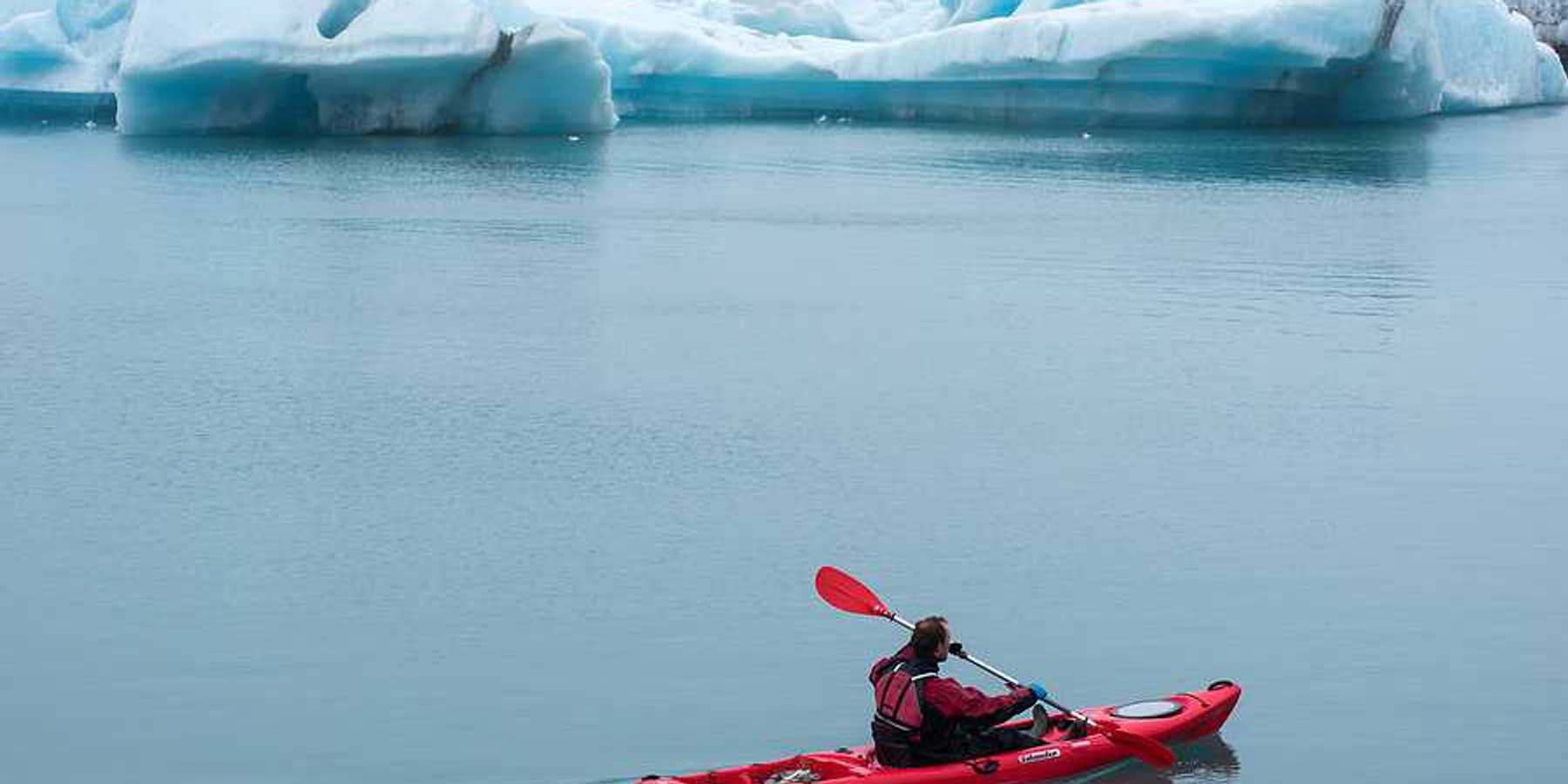Peter Dykstra: Stop, you’re killing me
Denial is taking a toll.
Tens of millions of my fellow Americans are trying to make me sick, in more ways than one.
The often-ludicrous reasons for today's vaccine avoidance have their ancestors in other health, science, and climate crises.
Deepwater denial
The late Rush Limbaugh was such a reliable gusher of whoppers, quarter-truths, and loopy conspiracy theories that it shouldn't be this easy to pick any single one out, but here's mine: A week after the 2010 Deepwater Horizon explosion and oil spill, Limbaugh told his radio audience that "environmentalist wackos" had doomed the rig and killed 13 of its crew. Never mind that rig operator BP admitted blame two days earlier.
Non-peer-reviewed literature
Former 11-term Illinois Congressman John Shimkus has quoted the book of Genesis and the Gospel according to Matthew as guarantees that overrule the prevailing science, and that climate change will "not destroy this Earth."
God's word, the Congressman says, is "infallible, unchanging, perfect."
Shaving the truth
Paul LePage was an obscure small-town Maine mayor who became governor in 2010 on an anti-regulatory platform. But he wasn't your run-of-the-mill science hater. Even a decade ago, when warming coastal waters posed a threat for Maine's lobster industry, LePage embraced the science.
But as the Maine Legislature considered a measure to restrict endocrine-disrupting bisphenol-A (BPA) in 2011, LePage said he'd reviewed the science on BPA, and offered this (it's at 1:30 of this video.)
"If you take a plastic bottle and put it in the microwave and you heat it up, it gives off a chemical similar to estrogen. And so the worst case is some women might have little beards."
Ummm .. come again, Paul?
"Where you now have cows, you will have fish"
In 1990, The Washington Post reported that J.R. Spradley, a U.S. delegate at an international climate change conference, told the Bangladeshi delegation that their nation getting swamped by sea level rise won't be such a bad thing. "
The situation is not a disaster; it is merely a change. The area won't have disappeared; it will just be underwater. Where you now have cows, you will have fish."
"Think of the clearcut as a temporary meadow"
Fifty years ago, Patrick Moore was an eager graduate student who crewed on the first Greenpeace voyages to oppose nuclear weapons tests. Over the next decade, he became a leader in the growing group's triumph and turmoil. He quit in 1986, showing up a few years later as a paid spokesman for Greenpeace foes –vinyl makers, logging multinationals, a nuke plant trade group, and more. Here's a wet kiss to the timber industry:
"Taken in the right light, clearcuts can actually look quite pretty. Think, for just a moment, of the clearcut as a temporary meadow."
Some climate yucks from Fox News
As I cited a few weeks ago, Fox's in-house comic, Greg Gutfeld, gifted us with 10 minutes of climate mirth earlier this month.
It turns out that since a recent study cited more global deaths from excessive cold than from excessive heat, that a little global warming is a great thing.
So ... don't we all feel a little better?
Peter Dykstra is our weekend editor and columnist and can be reached at pdykstra@ehn.org or @pdykstra.
His views do not necessarily represent those of Environmental Health News, The Daily Climate, or publisher, Environmental Health Sciences.
Banner photo credit: christopher catbagan/Unsplash













